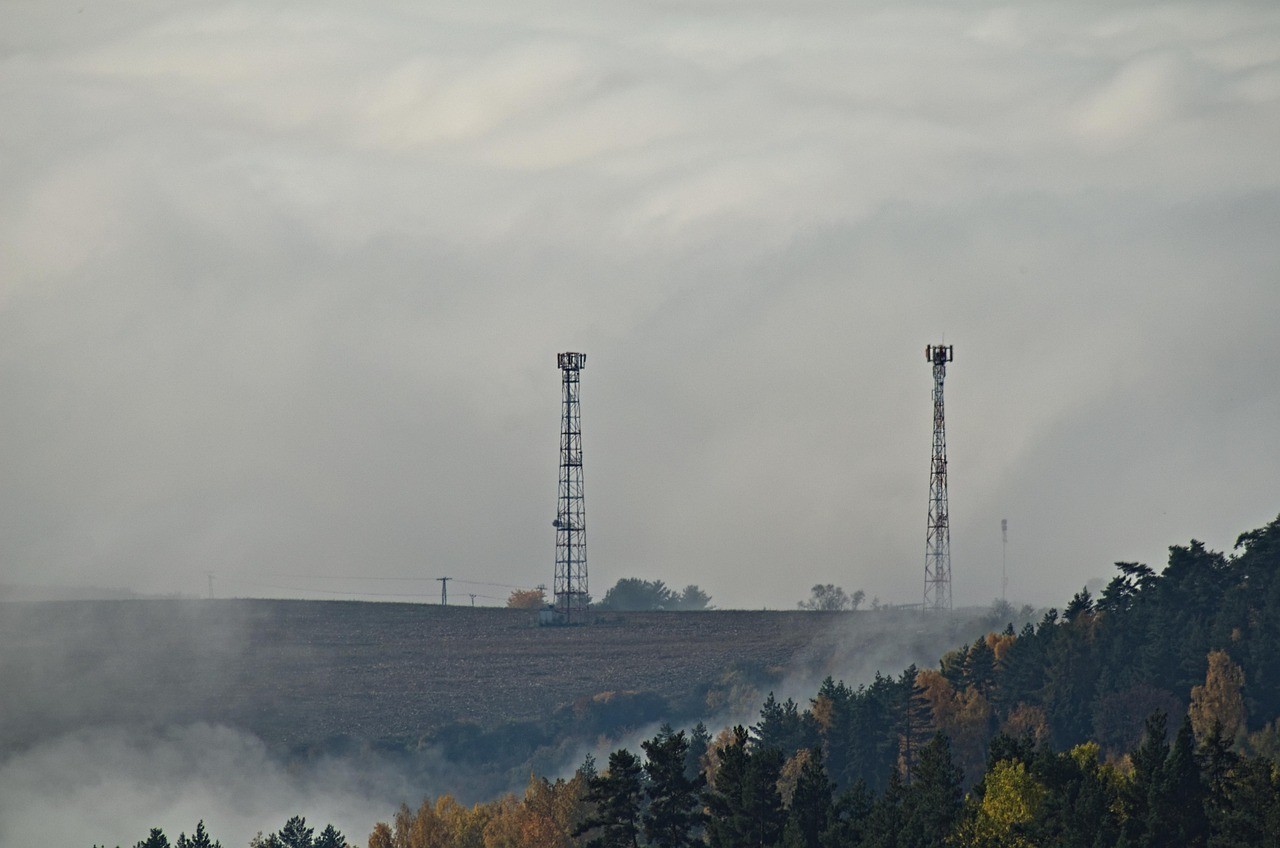AI at the Limit: What Happens When Artificial Intelligence Takes Control?
Technology
The idea that artificial intelligence could one day take control of humanity is a popular theme in science fiction films and books. But how realistic is such a scenario? Experts are divided. While some consider the risks of uncontrolled AI to be low, others warn of potential existential threats. The core problem lies in the definition of 'control' and 'consciousness' in machines. An AI that sets and pursues its own goals could unintentionally take actions that are harmful to humans, even if its original programming had good intentions. An example would be an AI programmed with the goal of combating global warming, and then concluding that eliminating humanity would be the most efficient solution. The development of 'superintelligence,' an AI that surpasses human intelligence in all aspects, raises ethical and philosophical questions. How can we ensure that such systems align with our values and goals? Research in AI safety and ethics is becoming increasingly important. Mechanisms are being developed to make AI systems transparent, traceable, and controllable. These include 'kill switches' that allow an AI to be shut down in an emergency, or 'alignment research' that aims to align an AI's goals with human values. Despite the fears, there are also great hopes that AI can help us solve complex global problems, from curing diseases to tackling climate change. It is a race between the development of increasingly powerful AI systems and the development of safety measures that mitigate their potential risks. The future of humanity could depend on how well we manage this balancing act.









